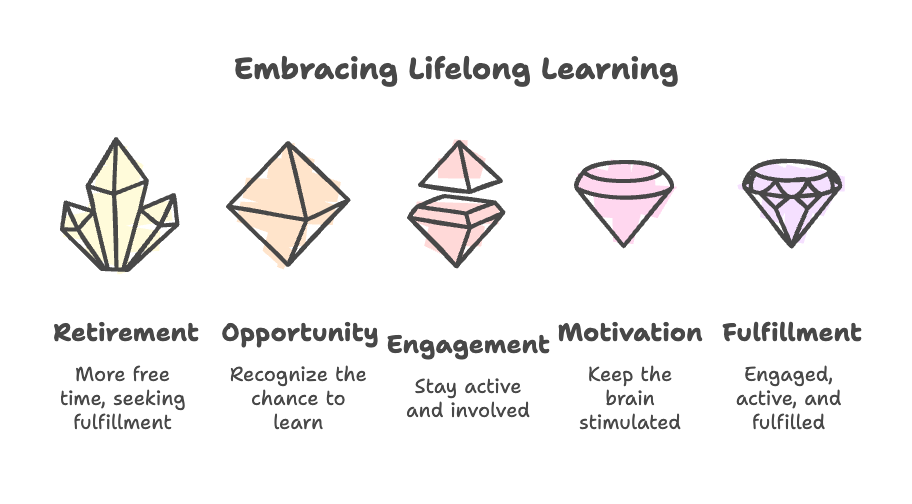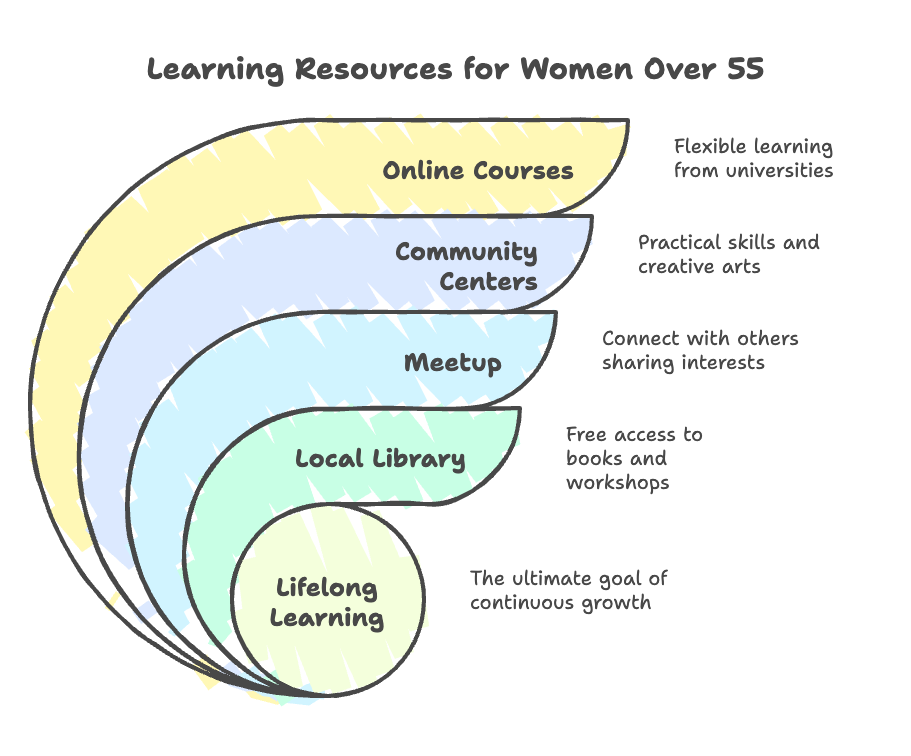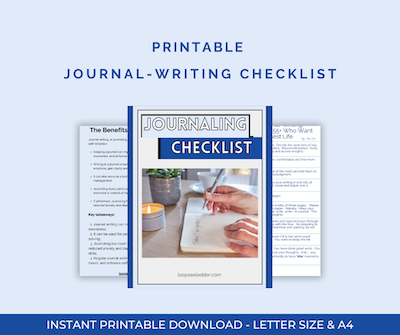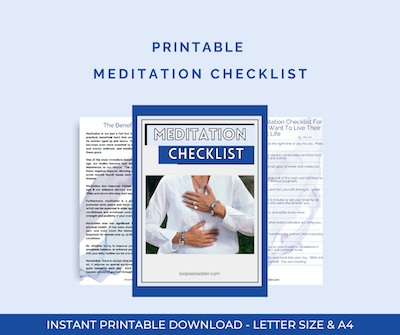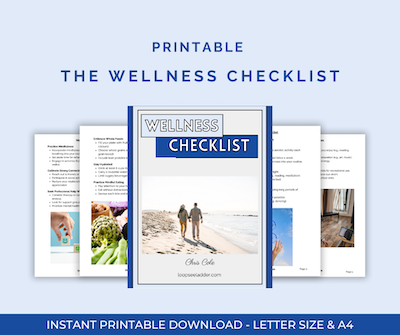Women Over 55 Stay Engaged with a Lifelong Learning Mindset
A lifelong learning mindset can be the key to staying engaged, active, and fulfilled for women over 55.
This mindset will help them live their best lives with mindfulness, intention, purpose, passion, and joy.
Summary: In this post, you invite women aged 55 and over to adopt an engaged lifelong-learning mindset — recognizing that growth, curiosity and learning don’t stop at a certain age but in fact become richer with experience. You explore how embracing new skills, ideas, perspectives and challenges enhances meaning, keeps the mind agile, and connects us to fresh possibilities. You show how this mindset supports transformation in mid-life: it’s not just about acquiring knowledge, but about staying curious, embracing change, adapting, and building from what you already know. The message: older age isn’t a closing chapter—it’s a vibrant platform for ongoing learning, reinvention and joy.
A Preamble
As we age and approach retirement, we often have more free time.
Some use this time to relax and take a break from the fast pace of life, while others use it to learn new things.
For women over 55, a lifelong learning mindset can be the key to staying engaged, active and fulfilled.
In this article, we’ll explore the benefits of learning as you age, how it keeps the brain active, tips for staying engaged and motivated, and where to find learning resources.
So, whether you're a retiree looking to learn something new or expand your knowledge, read on to discover why learning should be essential to your later years.
As we age and approach retirement, we often have more free time.
Some use this time to relax and take a break from the fast pace of life, while others use it to learn new things.
Benefits of a Lifelong Learning Mindset as You Age
Learning is not just about developing new skills or gaining knowledge to impress others. Instead, learning becomes more about keeping the brain active and healthy as we age.
This is why intentional learning is crucial for women over 55.
It helps improve memory and cognitive skills and provides a sense of purpose and fulfillment.
Learning is an excellent way to keep the brain sharp as we age.
Studies have shown that the brain remains plastic, able to adapt and change throughout our lives. Engaging in new and challenging activities, such as learning a new language or picking up a musical instrument, can help create new neural connections in the brain. This strengthens the brain's ability to process information, connect, and retain memories.
Moreover, learning provides mental stimulation and helps to prevent cognitive decline. Research has found that people who engage in learning activities are less likely to develop Alzheimer's disease and other forms of dementia.
In addition, constantly challenging the brain keeps it active and healthy, reducing the risk of cognitive decline and memory loss.
In addition to the mental benefits, learning can provide a sense of purpose and fulfillment.
As we age, we may feel a sense of loss of identity and purpose outside of our careers. However, learning new things can reignite our passions, expand our horizons, and give us a sense of accomplishment.
It can also provide opportunities to meet new people, form friendships, and stay socially connected.
In summary, learning is essential for women over 55 to keep their brains active and healthy. It provides mental stimulation, helps to prevent cognitive decline, and gives a sense of purpose and fulfillment.
Learning is not just about developing new skills or gaining knowledge to impress others. Instead, learning becomes more about keeping the brain active and healthy as we age.
Learning is an excellent way to keep the brain sharp as we age.
Tips for Staying Engaged and Motivated
Learning new things can be a wonderful experience, especially for women over 55 looking to stay mentally sharp and engaged.
However, sustaining motivation and enthusiasm for your learning journey can be challenging.
Here are some tips to help you stay engaged and motivated:
1. Set goals: Before you start learning, set realistic goals for yourself. Knowing what you want to achieve can help you stay focused and motivated.
2. Find a study buddy: Learning with someone else can be a great way to stay motivated and accountable. You can support one another, share resources, and keep each other on track.
3. Celebrate your successes: Learning can be challenging, but celebrating your accomplishments is essential. Whether you complete a course or master a new skill, acknowledge your achievements and reward yourself.
4. Take breaks: It’s essential to take breaks and give your brain a rest. Go for a walk, listen to music, or do something you enjoy to recharge your batteries.
Using these tips lets you stay engaged and motivated on your learning journey.
Learning new things can be a wonderful experience, especially for women over 55 looking to stay mentally sharp and engaged.
However, sustaining motivation and enthusiasm for your learning journey can be challenging.
Finding Resources for Learning
If you're a woman over 55 looking to expand your knowledge and skills, there are many resources available to support your learning journey.
One great place to start is online courses. Many universities and educational organizations offer online courses on topics ranging from business and finance to history and literature. These courses are flexible and often self-paced so that you can learn on your schedule.
Another resource to consider is local community centers and adult education programs. These programs often offer classes in practical skills such as cooking, gardening, and home maintenance, as well as in art, music, and creative writing.
Suppose you're interested in learning a new skill or hobby. In that case, you may also want to check out websites like Meetup, which allow you to connect with others who share your interests and participate in group activities and workshops.
Finally, remember your local library. Many libraries offer free classes and workshops on various topics and access to books, e-books, and other resources that can help you continue your learning journey.
By exploring these resources and staying motivated and engaged on your learning journey, you can continue to grow and thrive as a woman over 55.
If you're a woman over 55 looking to expand your knowledge and skills, there are many resources available to support your learning journey.
By exploring these resources and staying motivated and engaged on your learning journey, you can continue to grow and thrive as a woman over 55.
Conclusion
In conclusion, learning is a powerful tool that should be embraced at any age, including retirement. However, women over 55 can benefit significantly from intentionally seeking out new knowledge and skills.
Learning not only keeps the brain active, but it can also lead to personal growth and fulfillment. By staying engaged and motivated, seeking learning resources, and exploring new interests, women can continue to thrive and develop well into their golden years.
So, let's commit to lifelong learning and expand our horizons today!
As Ben Franklin said, "An investment in knowledge pays the best interest."
In conclusion, learning is a powerful tool that should be embraced at any age, including retirement.
Learning not only keeps the brain active, but it can also lead to personal growth and fulfillment. By staying engaged and motivated, seeking learning resources, and exploring new interests, women can continue to thrive and develop well into their golden years.
A Challenge For You:
Decide on one new thing you would like to learn.
Set yourself up for success by setting the time aside - even pencilling it into your agenda, gathering all the materials you will need, and enrolling in a class if that happens.
Start your new learning adventure and take it step by step.
Celebrate your successes along the way.
You are amazing!
From AARP - Kakulla, AARP Research: Lifelong Learning Attracts Older Adults for Personal Growth and Cognitive Health
FAQ
Q: What is a “lifelong learning mindset”?
A: It means seeing learning as an ongoing journey, not just a phase. It involves staying curious, open to new experiences, willing to try things you haven’t before, and recognizing that your brain, wisdom and abilities continue to evolve.
Q: Why is this especially relevant for women 55+?
A: Because in this stage of life, many traditional roles may shift or end, career roles, caregiving responsibilities, and routines change. A lifelong-learning mindset offers a way to step into what’s next with intention and vitality, using your life experience as a foundation rather than a limitation.
Q: How do I begin to adopt this mindset now?
A: The post suggests:
Explore one new topic, skill or interest that lights you up (e.g., a language, a craft, technology, meditation, dance).
Commit to being a “beginner” again—accepting the learner’s posture rather than needing to be an expert from the start.
Set aside small, consistent time for learning (e.g., 15 minutes a day or a weekly class).
Reflect on what you’re learning and how it connects to your next chapter—how it expands your perspective, supports your purpose, or opens new doors.
Q: What barriers might I face, and how can I overcome them?
A: Some common barriers:
“I’m too old,” “What if I fail,” or “I should already know this.” These beliefs can block the learner’s mindset.
Fear of stepping outside comfort zones or admitting you don’t know something.
Past habits of perfectionism or comparison, rather than curiosity.
To overcome: remind yourself that your experience is a strength, permit yourself to begin imperfectly, and focus on progress, not perfection.
Q: What outcomes can I expect if I embrace lifelong learning?
A: You might notice: sharpened mental clarity, renewed enthusiasm, more profound connection with new communities or interests, increased confidence in exploring new avenues, and the sense that your next chapter is alive with possibility—not just winding down but expanding.
👉 I thoughtfully use AI tools to polish my writing, but every story comes from my lived experience.


